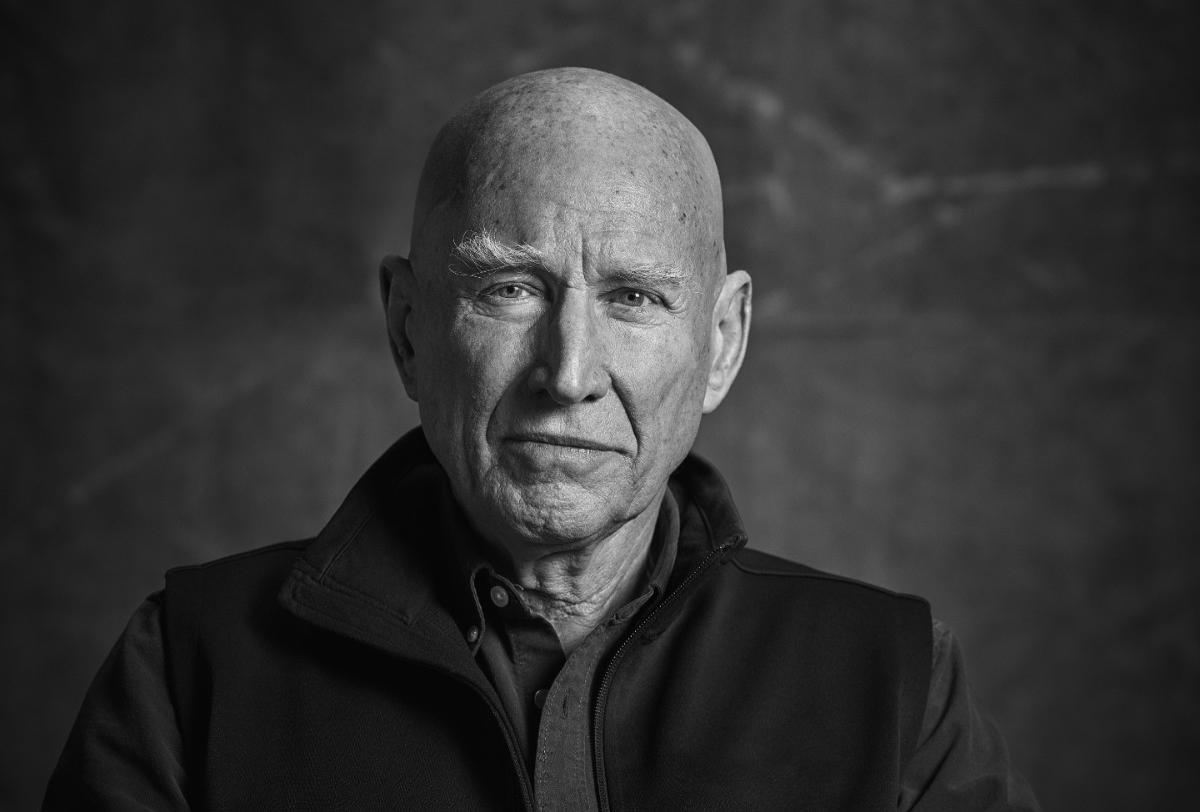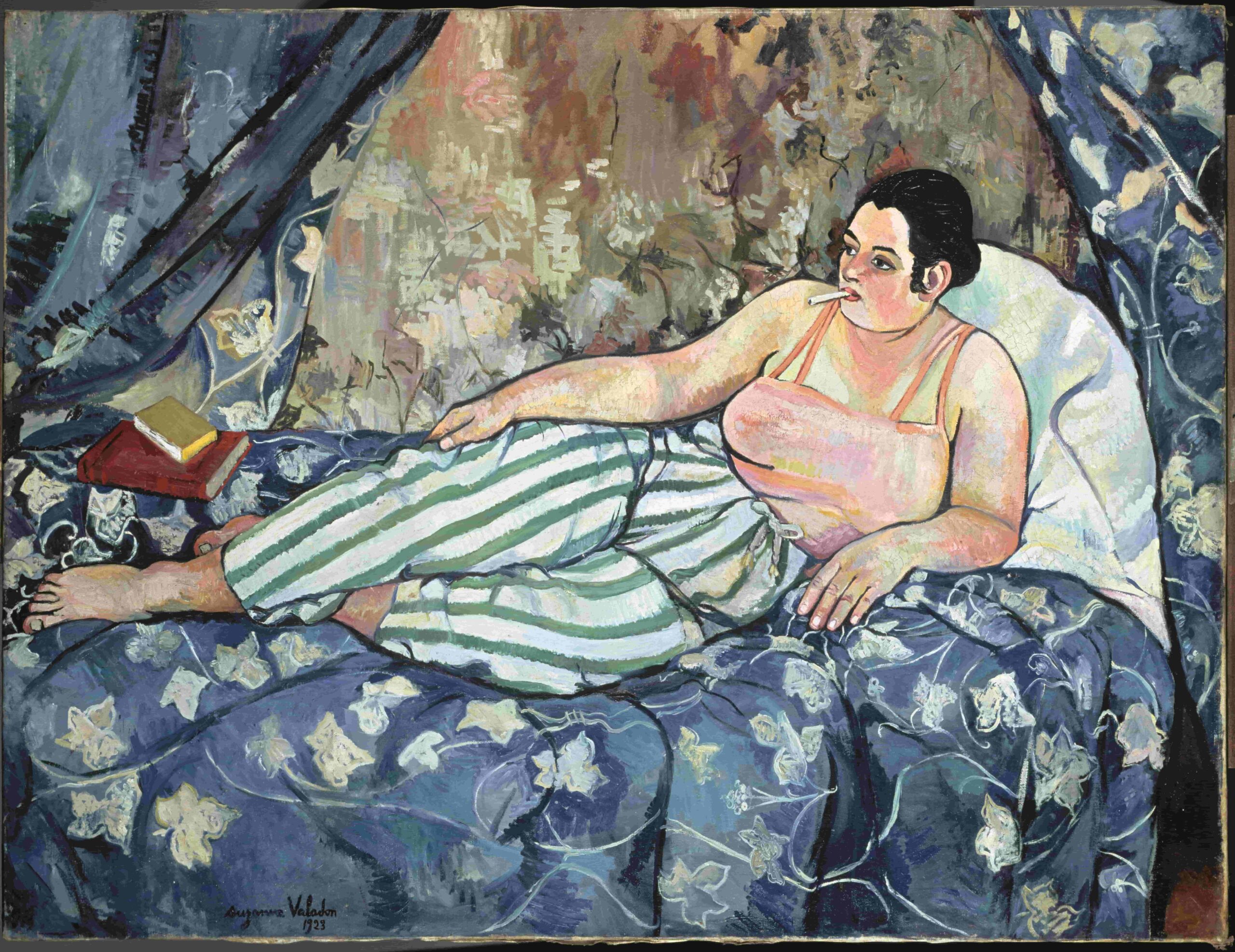Sebastião Salgado, the celebrated Brazilian photographer known for his powerful black-and-white images that exposed global injustice and brought the Amazon rainforest to the world’s attention, has died at the age of 81.
Instituto Terra, the environmental restoration non-profit he founded with his wife of six decades, Lélia Wanick Salgado, confirmed his death. In an Instagram statement, the institute described him as “much more than one of the greatest photographers of our time.”
According to his family, Salgado had developed severe leukemia due to complications from malaria he contracted in Indonesia in 2010.
“I know I won’t live much longer,” Salgado said in a Guardian interview last year. “But I don’t want to live much longer. I’ve lived so much and seen so many things.”
Born in rural Minas Gerais, Brazil, Salgado initially studied economics in São Paulo. His leftist political leanings prompted him and Wanick to move to Paris during Brazil’s military dictatorship (1964–1985). It was there, in the 1970s, that he discovered photography—and rose to prominence almost immediately.
Over a career spanning five decades and more than 130 countries, Salgado documented both human suffering and the majesty of the natural world. His signature black-and-white compositions, marked by dramatic lighting and emotional depth, became iconic. While widely acclaimed, some critics accused him of being an “aesthete of misery” for the haunting beauty of his depictions of suffering.







